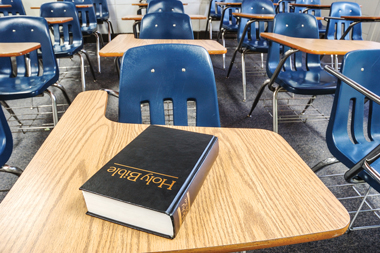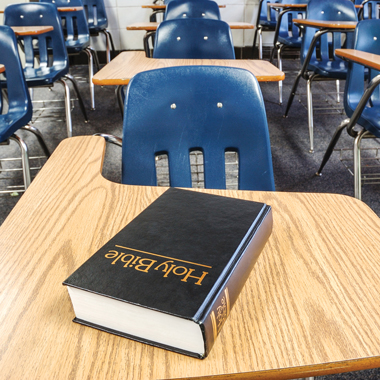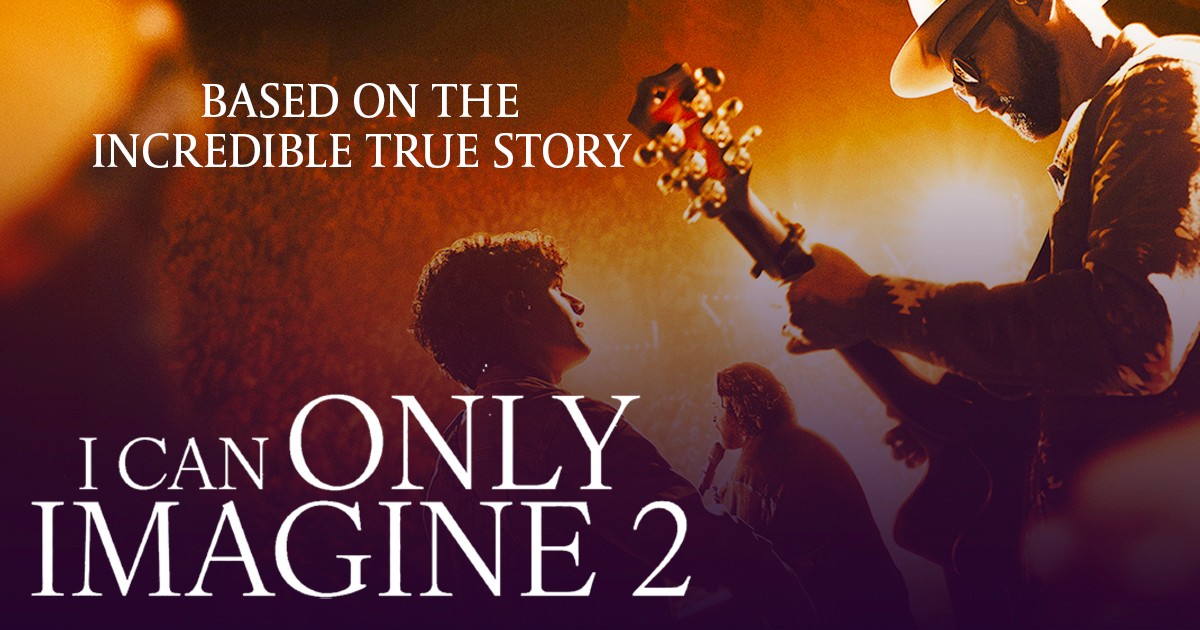 Photo: ©iStockphoto.com/plherrer
Photo: ©iStockphoto.com/plherrer
In the March issue of Salvationist, I wrote about the Sandy Hook Elementary School shooting in Newtown, Connecticut, that occurred last December. The article made a case that the massacre was not retribution from a deity who felt neglected and ignored. But the feedback I received on the article raised another issue. Should the Bible be taught in the public school system? Is this something that Christians should push for?
Most Canadians realize that Christians have already lost this battle. When the Canadian Charter of Rights and Freedoms received royal assent in 1982, it paved the way for provincial courts to rule against mandated Christian prayer or Scripture reading in public institutions. A tolerant and inclusive Canada would provide children with a place of learning that was free from discrimination or coercion. As a citizen of this country and a Christian who is called to love his neighbour, I support that principle. Besides, do we really want a superficial Christianity that is just legislated on people? I'm pretty sure that's not what Jesus had in mind when he commissioned his disciples. Yet this desire to bring the Bible back into our schools isn't going away.
The latest people to bring this issue to the forefront are Mark Burnett and Roma Downey. They are the celebrity husband-and-wife team who produced a five-week, 10-episode miniseries featuring some of the most well-known stories of the Bible. Not only did they feel “called” to produce this miniseries and bring the Word of God to the masses, but they also feel that the Bible should be taught in schools. “It's time to encourage, perhaps even mandate, the teaching of the Bible in public schools as a primary document of Western civilization,” they wrote in an op-ed piece in the Wall Street Journal, adding that it should be done “for the sake of the nation's children.”
Burnett and Downey are Christians, but this appeal for Christian education for all is couched in the argument that the Bible is a great piece of literature. While I don't disagree, I must ask: Is this a bandwagon the church should jump on? From a purely evangelical perspective, do we want the Bible taught or read in our schools? For that matter, do we want the Bible communicated through Burnett's miniseries? A large number of Christians see the advancement of the Bible in secular forums (e.g. education, entertainment, media, etc.) as a positive thing. I am not so sure.
First, the Bible is not exclusively a great piece of literature. It is a collection of writings that includes poetry and prose, fiction and non-fiction, stories that are meant to be taken literally and others to be taken allegorically. For those reasons alone, it makes for interesting literature. But more importantly, the Bible is a compendium of writings intended to transmit the faith of an ancient people. Beneath all of the words is a Living Word that cannot be appreciated simply by viewing it as literature.
Second, the Bible is not exclusively a piece of history. One of the dangers of Burnett's attempt to turn the biblical narratives to a five-part television series on the History Channel is that it reduces the Bible to entertainment. What do skeptics think when they watch these episodes? Are they able to reconcile the apparent contradictions of a God who orders all of the Egyptian first-born children to be slaughtered with the incarnate God who bids all the little children come to him? Will a non-Christian reject faith because of a literalist approach that insists on 950-year-old people, talking animals and a sun that stands still? If it wasn't in the Bible, wouldn't you just laugh it off?
Perhaps it is time that we stop abdicating our Christian responsibility and relying on Hollywood and our education system for our biblical knowledge. We need to take the message of the Bible seriously and grapple with the texts in our churches and our homes. Only as God's people come to terms with the words of the Bible will the living Word of God be heard in our society.
Major Juan Burry is the executive director of Victoria's Addictions and Rehabilitation Centre.










All this seems to bring us to the need for Christian parents to fill the gap, but also for all our churches, Catholic, as well as Protestant ones of any denomination, to teach basic Bible truths for all our children to grasp.